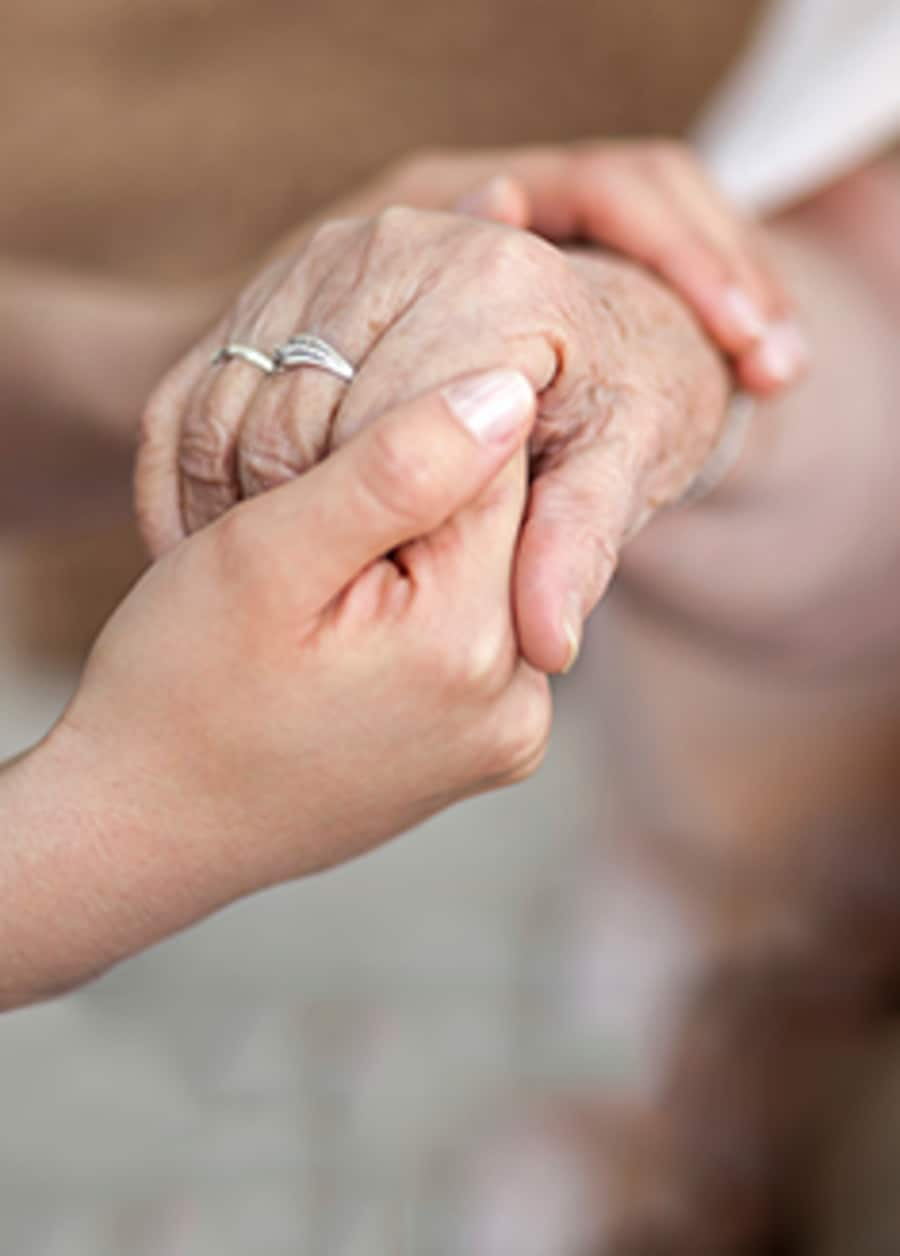Special Awareness Days
October 1st - International Day of Older Persons

Ready to Order?
If you are ready to order, please contact Customer Service:
Telephone: 1 (800) 361-6128 Fax: 1 (800) 563-9196
Introduction
Did you know?
The Canada Census 2016 told us that Ffor the first time ever, seniors (over 65) in Canada outnumbered children 14 years and younger. The 2021 Census shows that seniors over the age of 85 make up one of the country’s fastest growing demographics. This age group’s population is expected to triple over the next 25 years.
- According to Statistics Canada, as of July 1st 2021, seniors represent 19% of Canada’s population. By 2031, the figure could be about 23%.
- By 2061, there could be 12 million seniors to just eight million children in Canada.
- About three quarters of Canada’s seniors are grandparents.
- The 2021 Canadian census shows that we have 9,500 seniors who are over the age of 100!
The contributions that older Canadian citizens have made to our country need to be recognized.
On December 14th, 1990, the United Nations General Assembly designated October 1st as the International Day of Older Persons.

Activity Bursts
Grades K-2 - The Arts, Language Arts
Gather students and ask:
- Does anybody know what the word elderly means? Share.
- Do you know anyone who is elderly? How old are they? Where do they live?
Discuss the fact that because elderly people have been around for a long time, they have seen and done many things over the years. They are like human history books and they have so much to teach us.
Explain that today students are going to make cards to celebrate and honour elderly people. If they know someone who is elderly, they can make the card for him or her. If not, they can just make a happy card that lets older people know that they care.
Provide coloured paper, ribbons, stickers buttons, markers, etc.
You may need to print out the words “Happy Older Persons Day” for students to copy. Once completed, send home for delivery to a family member or friend. If some students don’t know an elderly person, drop off their cards in the local seniors’ home.
Grades 3-5 - Language Arts
Share the information in the Introduction and ask students if they know anyone who is elderly. How old are they? Where do they live?
Ask students why they think the United Nations has made this special day to recognize older persons.
Discuss the idea that older people are like computers. They have many, many experiences that they can relate to others and they have a lot of knowledge that they can share.
Have students prepare interview questions they would like to ask elderly people.
Here are some starters:
- Where were you born?
- What was your first house like?
- What kind of work did your family do?
- How many brothers and sisters did you have?
- What was your school like?
- What are your favourite memories growing up?
Share the questions and ask students to write them down.
Arrange for the questions be conveyed to a local seniors’ residence. Include a cover letter that asks for volunteers to respond, and set a date for collecting the replies. If appropriate, invite a senior into the class to share their thoughts about the contributions older persons make to Canada.Following the experience, ask students:
- What did you learn from the elderly people’s answers?
- What surprised you the most about this experience?
- Do you think life for them when they were your age was easier in some ways than life for you? Do you think it was harder in some ways? Explain.
- Why do you think we should honour, respect, and take care of our elderly people?
Remind students that taking care of our elderly and being kind to them is not just a one-day activity. We need to remind them every day that they are important in our lives.
Grades 6-8 - Language Arts, History
Share the information in the Introduction and ask:
- Why do you think the United Nations designated a special day for older persons?
- Why do you think that we should celebrate this day with them?
- Can you name any people who have made remarkable achievements at an older age?
Explain that people of all ages make important contributions to society. In fact, many older persons have been responsible for promoting human rights all over the world. Can they name any? What have they done?
Here are some examples: https://www.biographyonline.net/people/famous/human-rights.html
- Nelson Mandela (1918-2013) and Martin Luther King (1929-1968) promoted equal rights for all.
- Harriet Tubman (1822–1913) was a former slave who advocated for an end to slavery.
- Helen Keller (1880-1968) campaigned for deaf and blind people’s rights.
Explain that Canada has some significant human rights advocates as well.
Watch the following video about Viola Desmond, a Black Nova Scotian businesswoman who challenged racial segregation at a cinema in New Glasgow, Nova Scotia, in 1946.
https://www.youtube.com/watch?v=ie0xWYRSX7Y
Discuss her story and ask students how they feel about what happened.
Invite students to work in pairs and select one of the Canadian human rights advocates listed below (or another if they wish). Have them prepare a brief report including the person’s name, date of birth/death, and their major contribution to the cause of human rights in Canada and the world.
Canadian Human Rights activists:
- Nellie Mc Clung
- Bromley Lloyd Armstrong
- Robert Hunter
- Emily Murphy
Share findings and close by asking the following:
- Were you surprised by anything you learned about these Canadian human rights activists? Why?
- How have people like these changed our world for the better?
- What do you think are the most important things we can learn from older people?
- How can we show older people that we appreciate them?
Additional Ideas:
Grades 3-5, 6-8
Health, Citizenship, Art, Music, Language
Gather students and invite them to talk about their interactions with older relatives or seniors in their neighbourhood.
Ask:
• How do you think senior citizens have contributed to our lives over the years?
• What changes do you think our older persons have experienced since they were your age?
• What might be some of the challenges for our older population living in today’s world? (health, housing, money, technology, etc.)
Explain that our seniors have contributed a lot of time, knowledge, and experience to our world and it is our responsibility to show them how much they are appreciated.
Brainstorm things that the class could do to make our seniors feel valued today and always.
Select a few ideas and follow through. For example:
- Write and illustrate a poem or short story that would make an older person smile.
- Design and create a billboard that could be posted outside a senior’s home or your school, reminding seniors how important they are in your lives.
- Learn a happy song and record it. Share it with seniors’ facilities in your community (Note: if you wish to videotape students, remember to follow school/board policies on parental permission).








